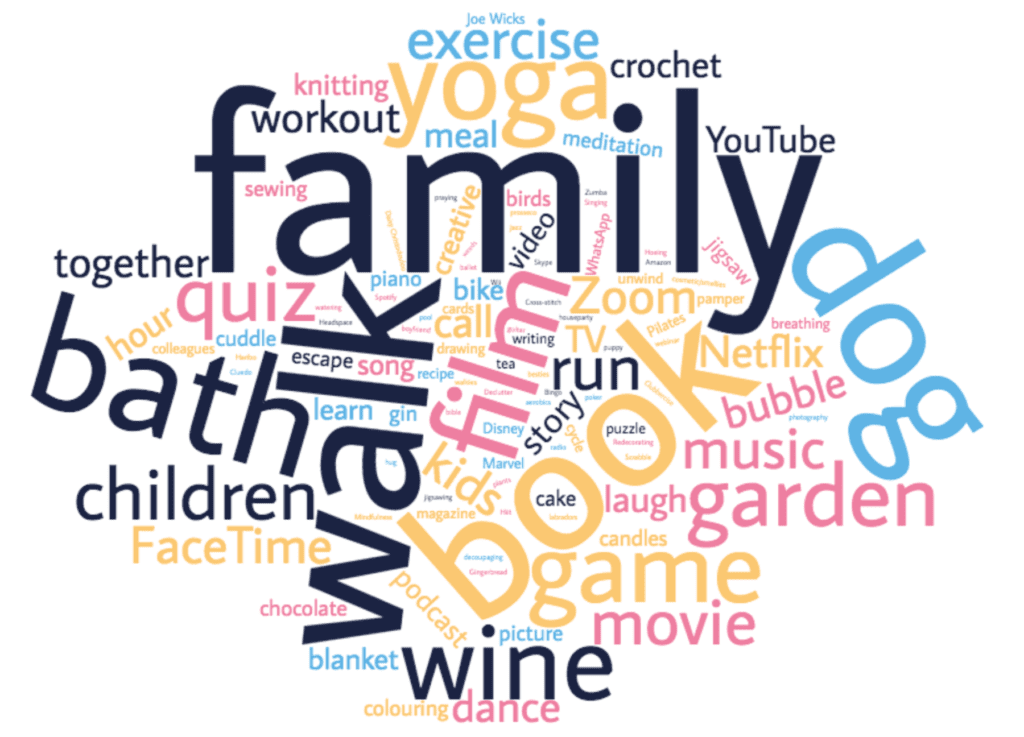
Managing behaviour is key to establishing a safe environment where pupils can learn. Behaviour itself however is highly complex and tied up with an individual’s social context and behavioural psychology. As new teachers, you may have already begun to experience the diversity of individual behaviours, and you may have begun to gather a range of […]

Managing behaviour is key to establishing a safe environment where pupils can learn. Behaviour itself however is highly complex and tied up with an individual’s social context and behavioural psychology. As new teachers, you may have already begun to experience the diversity of individual behaviours, and you may have begun to gather a range of […]

Managing behaviour is key to establishing a safe environment where pupils can learn. Behaviour itself however is highly complex and tied up with an individual’s social context and behavioural psychology. As new teachers, you may have already begun to experience the diversity of individual behaviours, and you may have begun to gather a range of […]

Managing behaviour is key to establishing a safe environment where pupils can learn. Behaviour itself however is highly complex and tied up with an individual’s social context and behavioural psychology. As new teachers, you may have already begun to experience the diversity of individual behaviours, and you may have begun to gather a range of […]

Spacing is a way in which we can interrupt the process of forgetting in our pupils, and support their retention of knowledge long-term. This concept is essential when we’re considering retrieval practice. The effect of retrieval practice has only been seen to be obvious over a few days or more. The gaps between one retrieval […]

To help our pupils learn, we need to consider an important question: how can we ensure that information is transferred to long-term memory and stays there? A number of experiments following Hermann Ebbinghaus’ study on memory and forgetting in the late 19th century have found that new learning is very quickly forgotten. Therefore, a central […]

The implications of cognitive science on education and the development of the science of learning (Deans for Impact 2015), have gained enormous influence in recent years. Through inquiry into psychology and neuroscience, research into the mental processes of learning has informed the ways that we deliver and present information to children and young people. The […]

Supervision has a long and illustrious history as a professional practice across multiple disciplines that are concerned with positive outcomes for children, young people and their families. Defined as a work-based learning relationship, it is a reflective space where those involved – either in relational dyads or in small groups – commit to purposefully engaging […]

Join Professor Sam Twiselton (Vice President of the Chartered College of Teaching and Director of Sheffield Institute of Education) and Katy Chedzey (Head of Teaching, Learning & Assessment at the Chartered College of Teaching) as they provide advice and guidance to student teachers and NQTs, supporting them to: Recognise the value of professional learning as […]

‘Cabin fever’ was how President Donald Trump chose to justify American citizens protesting lockdown restrictions on the steps of state capitol buildings in Austin, Lansing and Madison last week. Teachers are also feeling a little cabin fever right now: ours is brought on by a creeping sense of the life chances being denied to vulnerable students each […]

A staple of every school that I have taught in is the staff farewell session on the final day. Last year was no different. As the speeches started rolling in, one theme emerged and that was the theme of kindness and acknowledgement. It was great to acknowledge our peers who helped us and learnt with […]

Teachers are amazing. By entering the teaching profession, you’ve committed to making a real difference to each and every child in your classroom. We share a phenomenal opportunity to make a real positive difference. Every single day, we’re able to inspire, guide and enable the young people we teach to achieve great things. We may […]

Assessment can sometimes feel like a tedious chore. Teaching should be about inspiring young minds, not driving them through a series of stultifying tests. And when assessment is done badly, it can get in the way of good teaching, and even distort it. But done well, assessment can give pupils better information about their performance […]

A common characteristic of the British education system is the high level of student diversity that exists within classrooms. Whether new to teaching or experienced, a key challenge for all teachers is catering simultaneously for all the different learning needs. It is important to recognise that every child is an individual with unique characteristics, needs […]

Leading in difficult, challenging and unprecedented times – where there is no predictability, no certainty and potentially no end in sight – requires a different type of leadership, a different form of leadership practice. In this global lockdown, education has been rebooted as a home-based, technology-enabled, remote activity with zero physical contact. What we know […]

The public health emergency caused by Covid-19 Coronavirus has challenged accepted practice in schools around the world. The nature of that challenge is twofold. First, how teachers and school leaders ensure their students’ education can continue while school buildings remain closed. Second, how schooling itself should change once those buildings inevitably re-open. The Education Endowment Foundation sensibly reminds […]

Motivation is best thought of as the mental mechanism which allocates our attention. And because what we attend to is what we learn, motivation has an impact on learning. Based on this definition, it is a misconception to think of pupils as simply being motivated or not. Instead, it is more productive to think of […]

This article looks at a range of research evidence which suggests that contact with nature is beneficial for physical and mental health, cognition and learning. It will consider why nature has this effect, how this is applicable to the current situation given the outbreak of COVID-19 and how adults and children can still access the […]

In this vlog, Dame Alison Peacock is joined by Sinéad McBrearty, CEO at Education Support, and Adrian Bethune, teacher at Broughton Junior school, member of the Chartered College of Teaching and author of ‘Wellbeing in the Primary Classroom: A Practical Guide to Teaching Happiness’, to discuss teacher and student well-being during the COVID-19 outbreak. They discuss: […]

TeachTogether is a free service from the Chartered College of Teaching and The Behavioural Insights Team, which sends one text a week to support teachers’ wellbeing. You can find out more and sign up here. In one week’s message, we asked teachers to tell us one small thing they do to switch off in […]

















